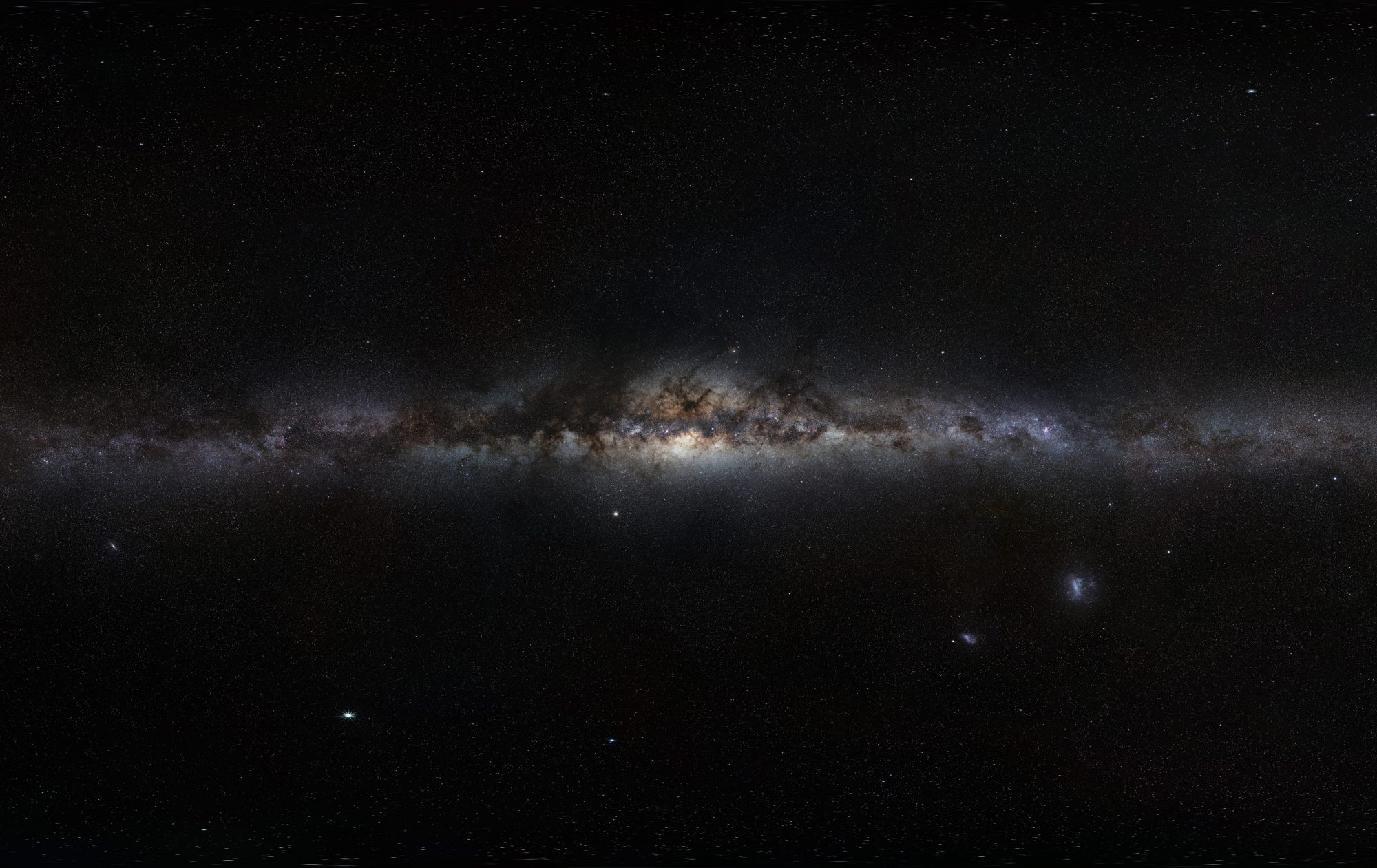Today's post features the second instalment from Erin Wilson on the place of religion in the climate change debate. In part one, I talked about some of the ways in which conservative religious actors construct science as the enemy of faith. Here I want to look at this assumption of the opposition of faith and reason from …
Moving Beyond Reason vs Faith: The Role of Religion in Responding to Climate Change Part One
Following on from Lea Schulte-Droesch's piece on the interconnections between culture and environment at the local level, Erin Wilson offers some reflections on the role of religion in the global climate change discussions and suggests that maybe we need to stop seeing science and faith as diametrically opposed. The global community is in the midst of its annual …
On similarities and differences in cultural perceptions of the environment
This week, The Religion Factor holds a theme week on Religion and Climate Change, to pay attention to the 18th conference of the parties to the UN Framework Convention on Climate Change in Doha, Qatar. Today's contribution is by Lea Schulte-Droesch. A long time ago, in the true age …
Continue reading "On similarities and differences in cultural perceptions of the environment"
Religion, Conflict and Globalisation
This week, The Religion Factor will offer some attention to the Master Programs in Religious Studies that are offered at our faculty. After Eemera Matthews' reflection on the Concealed Knowledge programme, today Carmen Fleurke addresses the Religion, Conflict and Globalisation track. .Na het afronden van mijn bachelor Godsdienstwetenschap ben ik twee maanden geleden ingestroomd in het …
Change the language, change the story? Some thoughts on religion, conflict and peace in the Middle East and beyond Part Two
In today's post, Erin Wilson continues her reflections on shifting the way we think and talk about conflict and peace. In part one, I outlined some ways in which contemporary discussion on peace and conflict analysis is affected and arguably limited by thinking in narrow either/or terms and the language we use to talk about conflict. …
Change the language, change the story? Some thoughts on religion, conflict and peace in the Middle East and beyond Part One
Following last night's ceasefire between Israel and Hamas, Erin Wilson considers whether the chances for lasting peace might be increased by changing how we think and talk about conflict and peace. Last night brought the welcome news that a ceasefire agreement had been reached between Israel and Palestine following the latest round of violence. While this …
Concealed Knowledge: Gnosticism, Esoterism, Mysticism
This week, The Religion Factor will offer some attention to the Master Programs in Religious Studies that are offered at our faculty. The Faculty of Theology and Religious Studies in Groningen offers six unique Master’s degree programmes that concentrate on the dynamic interrelationship between religion and culture. Emeera Matthews, from the United States, is the first …
Continue reading "Concealed Knowledge: Gnosticism, Esoterism, Mysticism"
Where is the line between atheism and secularism?
In the lead-up to his seminar at the University of Groningen next week, guest contributor Terrell Carver from the University of Bristol explores the tensions between atheism, secularism and religious freedom. [i] Until recently atheism seemed to be a relatively lonely, unprovocative and unorganised ‘private’ activity. The anti-religious propaganda and overt policies of repression that …
Continue reading "Where is the line between atheism and secularism?"
Gay Rights, the Devil and the End Times: A Post-Secular Perspective on Homosexuality-Debates in Africa, Part Two
In Part One of this post, Adriaan van Klinken described the Zambian case of how Ban Ki-moon’s recent call to recognise the human rights of homosexuals was interpreted according to a millennialist worldview, characteristic for Zambian Christianity. In this second post, he will analyse this discourse. I interpret the millennialist rhetoric on homosexuality as a …
Gay Rights, the Devil and the End Times: A Post-Secular Perspective on Homosexuality-Debates in Africa, Part One
Homosexuality is one of the major political issues in our contemporary world. Especially African countries are getting known for their massive public and political rejection of same-sex relationships and “gay rights”. Frequently in the media we hear, for example, about new, stricter legislation on same-sex practices, about people arrested and jailed because of homosexuality-related offences …
